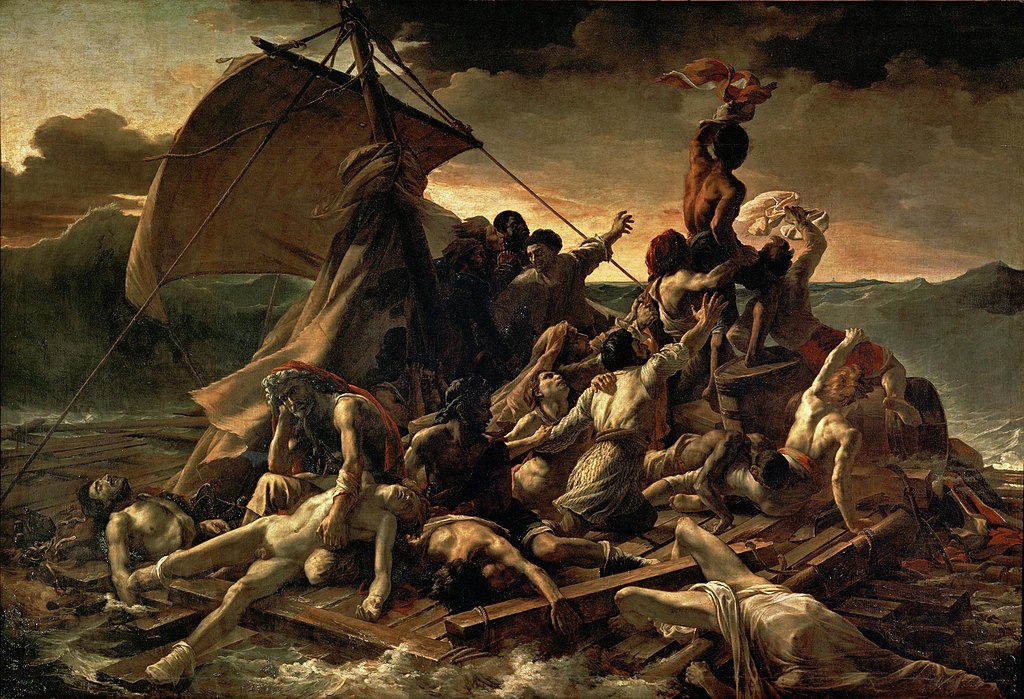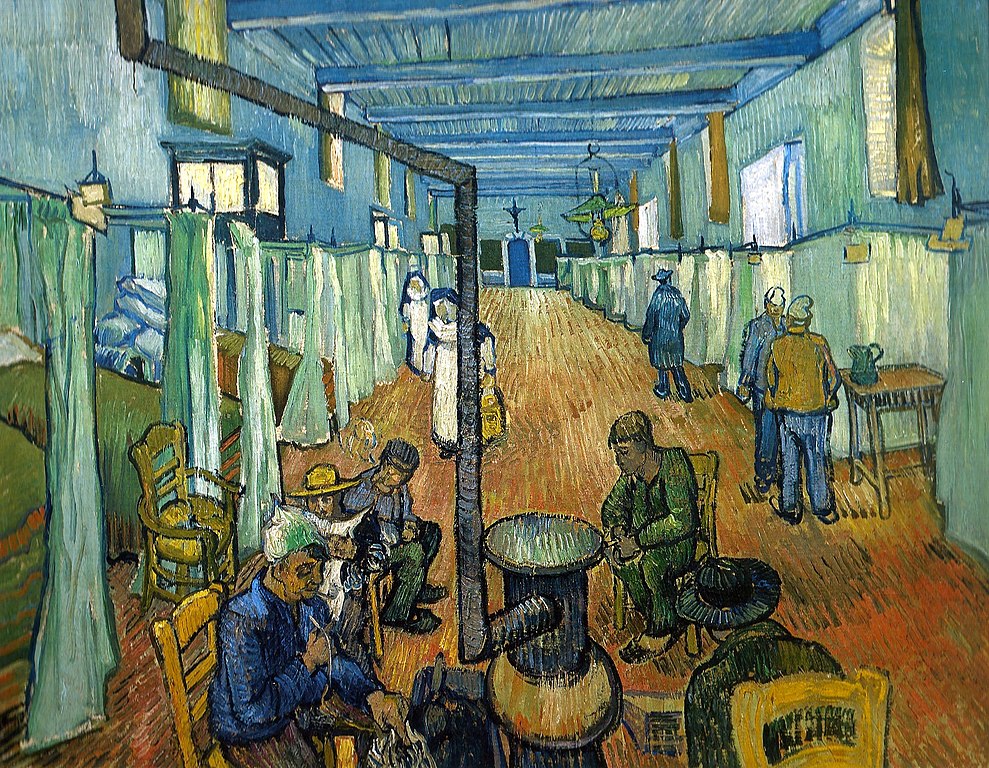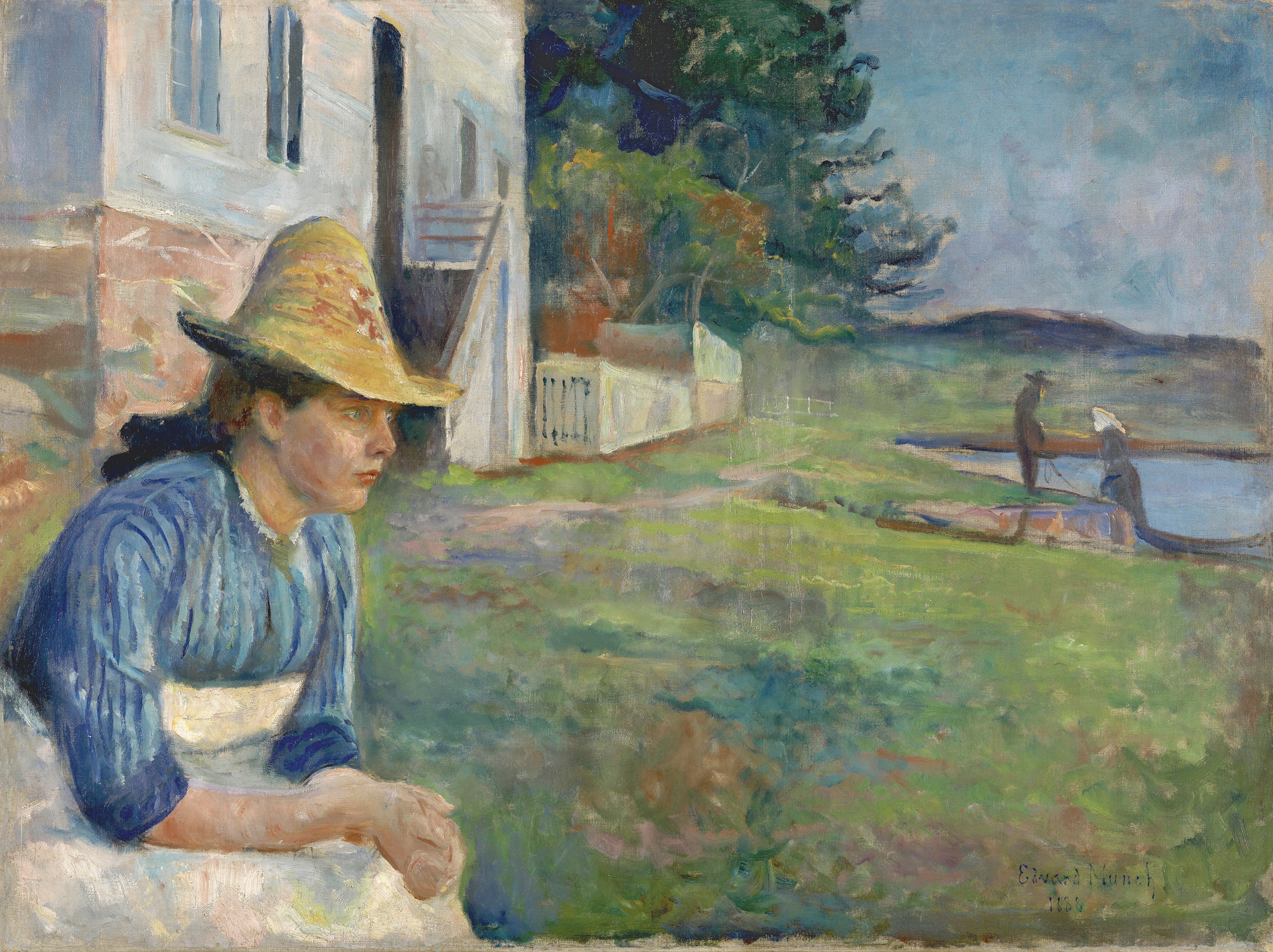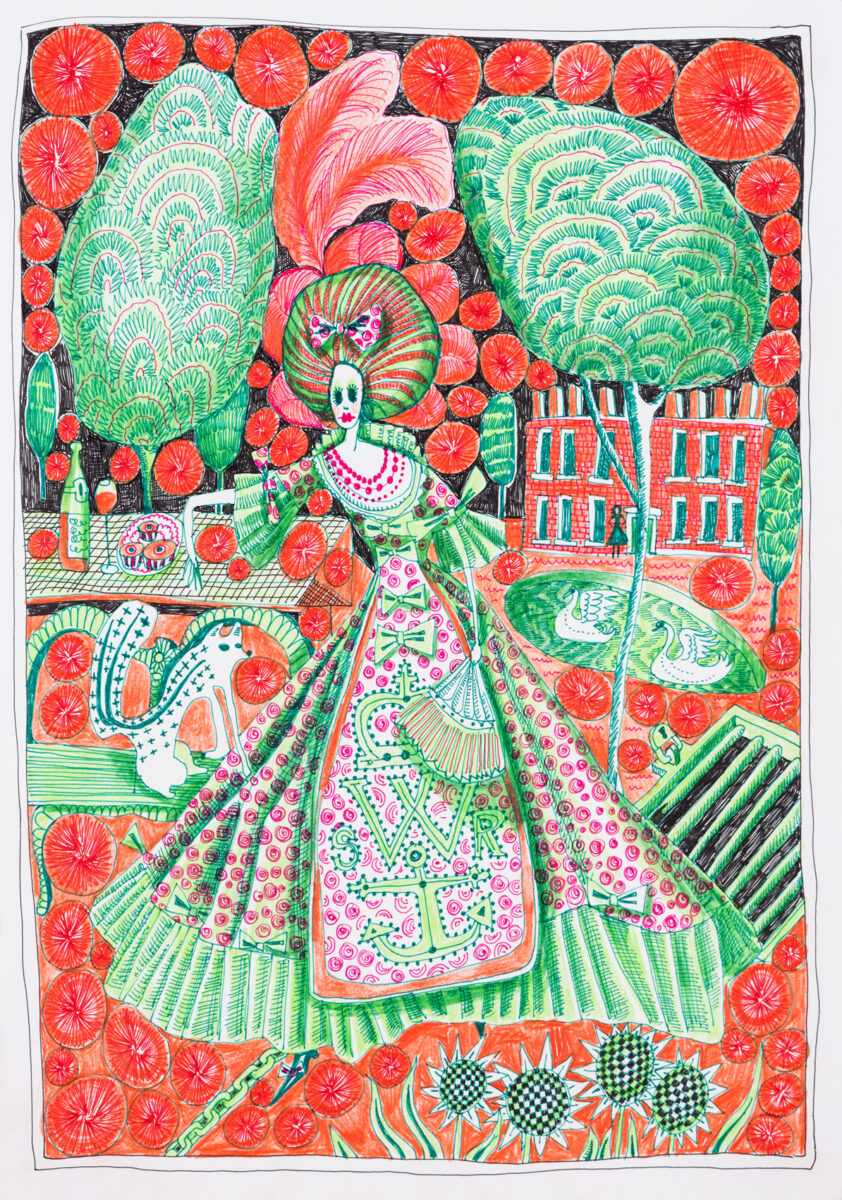
You may have heard that you can kill a person with kindness, but in recent weeks have you also heard that you can bring about your own death through empathy? In an interview recorded with podcaster Joe Rogan in February, Elon Musk added his voice to a cohort of American neo-capitalists when he claimed, “We've got civilizational suicidal empathy going on” and went on to describe empathy as having been “weaponized” by activist groups.
“The fundamental weakness of western civilization is empathy, the empathy exploit… they’re exploiting a bug in western civilization, which is the empathy response.”
In recent weeks empathy has become one of the hot topics of American politics, but this is not the first time that Musk has shared his thoughts about empathy, and it should be noted that on the whole he is not really against it. Musk identifies, rightly, that empathy is a fundamental component of what it means to be human, and in previous interviews has often spoken often about his vision to preserve “the light of human consciousness” – hence his ambition to set up a self-sustaining colony of humans on Mars.
But he also believes that empathy is (to continue in Musk’s computer programming terminology) a vulnerability in the human code: a point of entry for viruses which have the capacity to manipulate human consciousness and take control of human behaviours. Empathy, Musk has begun to argue, makes us vulnerable to being infected:
"The woke mind virus is fundamentally anti-science, anti-merit, and anti-human in general. Empathy is a good thing, but when it is weaponized to push irrational or extreme agendas, it can become a dangerous tool."
Strangely, on certain fundamentals, I find it easy to agree with Musk and his contemporaries about empathy. For example, I agree that empathy is essential to being human. Although, far from empathy leading us to “civilisational suicide”, I would say it is empathy that saves humanity from this fate. If consciousness is (as Musk would define it) the brain’s capacity to process complex information and make a rational and informed choices, then empathy, understood as the ability to anticipate the experiences, feelings, and even reactions of others, is a crucial source of that information. Without empathy, we cannot make good decisions that benefit wider society and not just ourselves. Without it, humanity becomes a collection of mere sociopaths.
Another point on which Musk and I agree is that empathy is a human weak point, one that can be easily exploited. Ever since the term “empathy” was coined in the early twentieth century, philosophers and psychologists have shown a sustained fascination with the way that empathy causes us to have concern for the experiences of others (affective empathy), to think about the needs of others (cognitive empathy), and even to feel the feelings of others (emotional contagion). Any or all of these responses can be used for good or for ill – so yes, I agree with Musk that empathy has the potential to be exploited.
But it is on this very question of who is exploiting empathy and why, that I find myself much more ready to disagree with Musk. Whilst he argues that “the woke mind virus” is using empathy to push “irrational and extreme agendas”, his solution is to propose that empathy must be combined with “knowledge”. On the basis of knowledge, he believes, sober judgement can be used to resist the impulse of empathy and rationally govern our conscious decision making. Musk states:
“Empathy is important. It’s important to view knowledge as sort of a semantic tree—make sure you understand the fundamental principles, the trunk and big branches, before you get into the leaves/details or there is nothing for them to hang on to."
What I notice in this system is that Musk places knowledge before empathy, as if existing bits of information, “fundamental principles”, are the lenses through which one can interpret the experiences of another and then go on to make a conscious and rational judgement about what we perceive.
There is a certain realism to this view, one that has not been ignored by philosophers. The phenomenologists of the early twentieth century, Husserl, Heidegger, Stein – those who first popularised the very idea of empathy – each described in their own way how all of us experience the world from the unique positionality of our own perspective. Our foreknowledge is very much like a set of lenses that strongly governs what we perceive and dictates what we can see about the world around us. The problem is: that feeling of foreknowledge can easily be manipulated. To put it another way – we ourselves don’t entirely decide what our own lenses are.
To graft this on to Musk’s preferred semantic tree: empathy is a means by which the human brain can write brand new code.
In The Origins of Totalitarianism, another great twentieth century thinker, Hannah Arendt, explored how totalitarian regimes seek to control not just the public lives but also the thought lives of individuals, flooding them with ideologies that manipulate precisely this: they tell people what to see. Ideologies are, in a sense, lenses – ones that make people blind to the unjust and violent actions of a regime:
"The ideal subject of totalitarian rule is not the convinced Nazi or the dedicated communist, but people for whom the distinction between fact and fiction, true and false, no longer exists."
A big part of the manipulation of people’s sense of foreknowledge is the provision of simplistic explanations for complex issues. For example, providing a clearly identifiable scapegoat, a common enemy, as a receptacle of blame for complex social and economic problems. As we know all too painfully, in early twentieth century Europe, this scapegoat became the Jewish people. Arendt describes how, whilst latent antisemitism had long been a feature of European public life, the Nazi party harnessed this this low-level antipathy and weaponised it easily. People’s sense of foreknowledge about the “differentness” of this group of “outsiders” was all too manipulable, and it was further cultivated by the Nazis’ use of “disease”, “contagion” and “virus” metaphors when speaking about the Jews. This gave rise a belief that it was rational and sensible to keep one’s distance and have no form of dialogue with this ostracised group.
But with such distance, how would a well-meaning German citizen ever identify that their sense of foreknowledge about what it meant to be Jewish had been manipulated? Arendt identified rightly that totalitarian systems seek to eliminate dialogue, because dialogue creates the possibility of empathy, the possibility of an exchange of perspectives that might lead to knowledge – or at least a more nuanced understanding of what is true about complex situations.
When I look at Musk’s comments, I wonder if what I can see is a similar instinct for scapegoating, and for preventing dialogue with those who might provide the knowledge that comes from another person’s perspective. In his rhetoric, the “woke mind” has been declared a common enemy, a “dangerous virus” that can deceive us into becoming “anti-merit” and “anti-human.” In dialogue, those who claim to be suffering or speaking about the suffering of others might be enabled to deploy their weaponized empathy, trying to make us care about other, to the potential detriment of ourselves and even wider humanity’s best interests. Therefore, it is made to seem better to isolate oneself and make rational judgements on behalf of those in need, firmly based on one’s existing foreknowledge, rather than engage in dialogue that might expose us to the contagion of wokeness.
Whilst this isolationist approach appears to wisely prioritise knowledge over empathy, it misses the crucial detail that empathy itself is a form of knowledge. The experience of empathising through paying attention to and dialoguing with the “other” is what expands our human consciousness and complexifies our human decision making by giving us access to new information. To graft this on to Musk’s preferred semantic tree: empathy is a means by which the human brain can write brand new code.
In these divisive and divided times, there are, fortunately, those who are still bold enough to make the rallying cry back to empathy. At her recent acceptance speech for a Lifetime Achievement Award, actor and committed Christian Jane Fonda spoke warmly and compellingly in favour of empathy:
“A whole lot of people are going to be really hurt by what is happening, what is coming our way. And even if they are of a different political persuasion, we need to call upon our empathy, and not judge, but listen from our hearts, and welcome them into our tent, because we are going to need a big tent to resist successfully what's coming at us.”
Fonda’s use of the tent metaphor, I’m sure, was quite deliberate. One of the most famous bible passages about the birth of Jesus describes how he “became flesh and dwelt among us.” The word “dwelt” can also be translated “tabernacled” or, even more literally, “occupied a tent” among us. The idea is that God did not sit back, judging from afar, despite having all the knowledge in the world at his disposal. Instead, God came to humanity through the birth of Jesus, and dwelt alongside us, in all our messy human complexity.
Did Jesus then kill us with his kindness? No. But you might very well argue that his empathy led to his death. Perhaps this was Musk’s “suicidal empathy.” But in that case Musk and I have found another point about empathy on which we can agree – one that is summed up in the words of Jesus himself: “Greater love has no one than this: to lay down one’s life for one’s friends.”
Celebrate our Second Birthday!
Since March 2023, our readers have enjoyed over 1,000 articles. All for free. This is made possible through the generosity of our amazing community of supporters.
If you’re enjoying Seen & Unseen, would you consider making a gift towards our work?
Do so by joining Behind The Seen. Alongside other benefits, you’ll receive an extra fortnightly email from me sharing my reading and reflections on the ideas that are shaping our times.
Graham Tomlin
Editor-in-Chief










